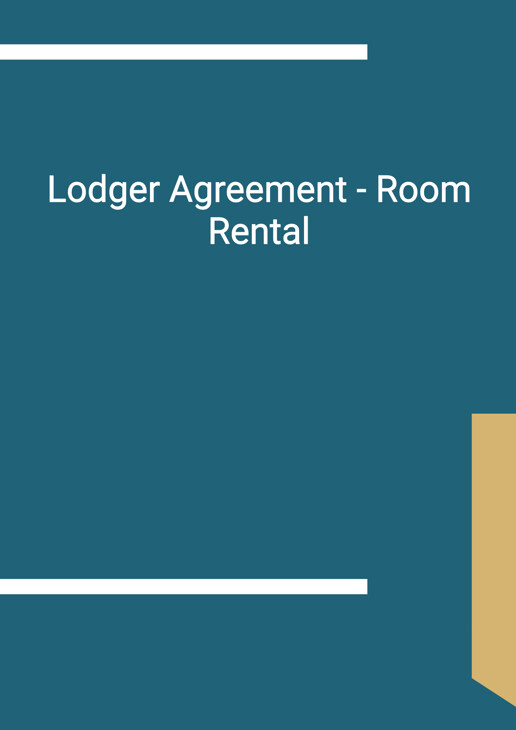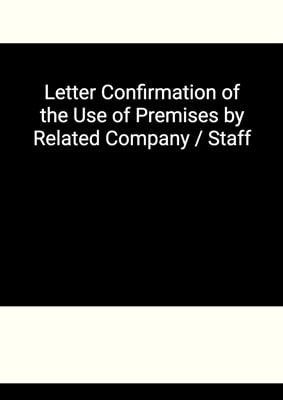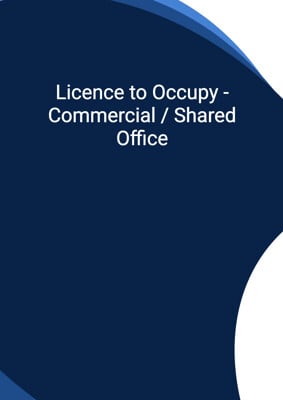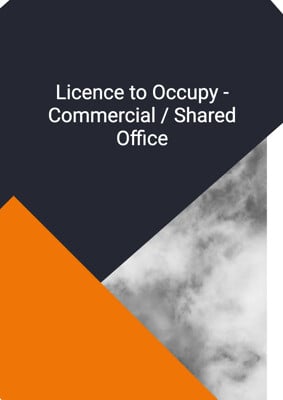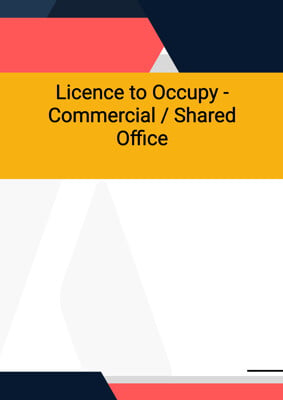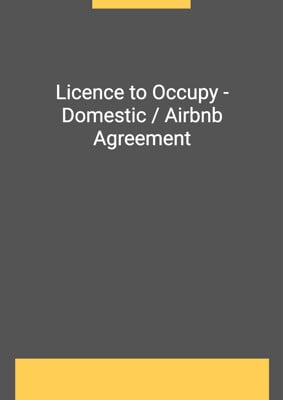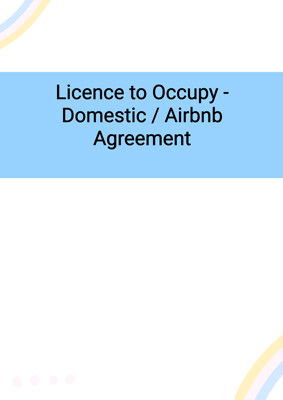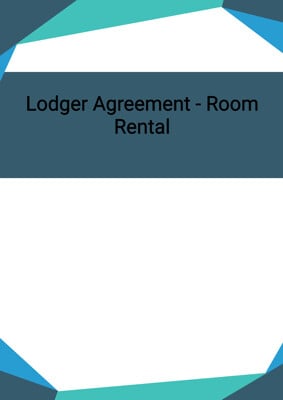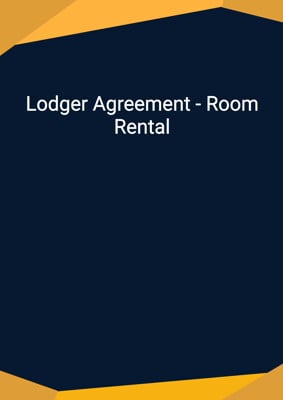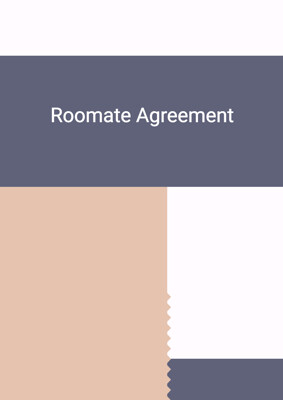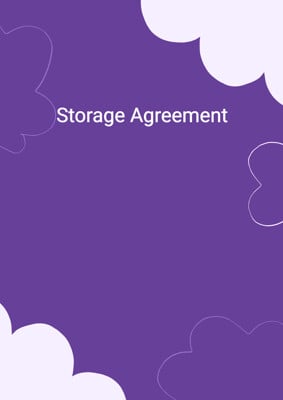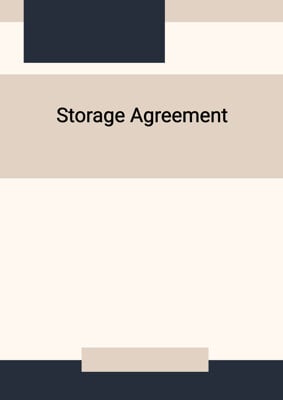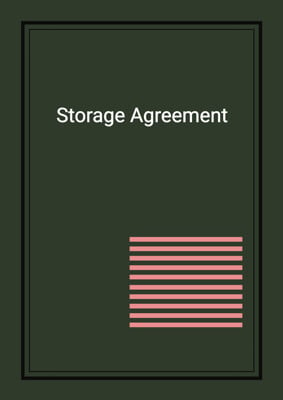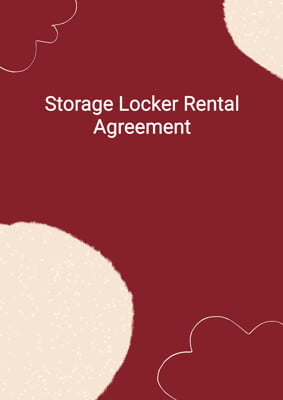How to Tailor the Document for Your Need?
01
Create Document
Fill in the details of the parties. You can click the "Fill with Member’s Information" button to complete it with information saved to your account.
02
Fill Information
Please fill in any additional information by following the step-by-step guide on the left hand side of the preview document and click the "Next" button.
03
Get Document
When you are done, click the "Get Document" button and you can download the document in Word or PDF format.
04
Review Document
Please get all parties to review the document carefully and make any final modifications to ensure that the details are correct before signing the document.
Document Preview
Document Description
The Lodger Agreement - Room Rental is a document that outlines the terms and conditions for renting a room in a residential property. It is important because it establishes the rights and responsibilities of both the licensor (property owner) and the lodger (tenant). The document begins with a brief introduction, stating that the licensor will let and the lodger will occupy the premises for a specified term. The agreement covers various aspects such as the license fee, deposit, other charges, and termination of the license. It also includes the responsibilities of both parties, including maintaining the premises, paying fees on time, and not engaging in illegal activities. The agreement is not a lease, but a personal right for the lodger to occupy the premises. It concludes with miscellaneous provisions, including the entire agreement between the parties, the law and jurisdiction governing the document, and the process for serving notices. Overall, the Lodger Agreement - Room Rental is a comprehensive document that protects the rights of both the licensor and the lodger.
How to use this document?
1. Provide personal information: Both the licensor and the lodger should provide their names and addresses in the agreement to clearly identify the parties involved.
2. Specify the license fee and payment terms: Clearly state the amount of the license fee and when it is due. The lodger should make the payment in full prior to the commencement date.
3. Understand the deposit requirements: The lodger should pay the deposit within 1 business day after signing the agreement. If the license is terminated due to a breach by the lodger, the licensor has the right to retain part or all of the deposit.
4. Be aware of other charges: The license fee includes certain items and fees, such as the exclusive right to occupy the space and the use of communal areas. Any additional charges should be clearly stated.
5. Know the licensor's responsibilities: The licensor is responsible for ensuring the legality of the premises, maintaining its tenantable condition, and repairing structural parts. The licensor should also provide prior notice before accessing the lodger's room.
6. Understand the lodger's responsibilities: The lodger should promptly pay the license fee, deposit, and other charges. The lodger should also keep the space and furnishings in good condition, avoid causing damage to the property, and not engage in illegal or immoral activities.
7. Be aware of termination conditions: The license may be terminated if the lodger fails to make payments, commits a material breach, or if the premises become unfit for use. The licensor has the right to deduct outstanding payments from the deposit.
8. Understand that the license is not a lease: The license only grants the lodger the right to occupy the premises and cannot be assigned or shared.
9. Read and understand the miscellaneous provisions: The agreement contains provisions regarding the entire agreement, waiver of breach, and the refund of the deposit. It is important to read and understand these provisions.
10. Seek legal advice if needed: If there are any questions or concerns about the agreement, it is advisable to seek legal advice to ensure a clear understanding of the rights and responsibilities of both parties.
Not the right document?
Don’t worry, we have thousands of documents for you to choose from:
